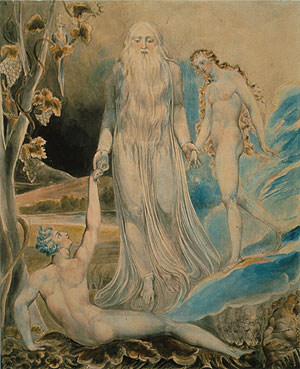
The third and last of Merv’s series on Desire. The first and second posts can be found here and here.
The big point, the astonishing point, is that Frye valued desire. (His mentor, Blake, did too, of course.) This is a far bigger point about Frye than almost anything else.
For example, a key passage from Anatomy of Criticism:
“’The desire of man being infinite,’ said Blake, ‘the possession is infinite and himself infinite.’ If Blake is thought a prejudiced witness on this point, we may cite Hooker: ‘That there is somewhat higher than either of these two (sensual and intellectual perfection), no other proof doth need than the very process of man’s desire, which being natural should be frustrate, if there were not some farther thing wherein it might rest at the length contented, which in the former it cannot do.’”
Frye was a radical thinker—someone who went to the “roots”—but he was not a political radical (not in any simple way, that is). He was not a Leftist. He was, however, a committed Social Democrat and supporter of the New Democratic Party of Canada (in the U.S. that would make him an extreme leftist “liberal”). He detested Stalinism and authoritarianism of any stripe; there is an anarchist strain in his outlook. It’s interesting that his wife seems to have been much further to the left than Frye was.
The most important thing that Freud and Frye had in common was that their name begins with FR and has one syllable. Freud, in Frye’s view, was a pessimistic thinker and an authoritarian: Freud was deeply mistrustful of human desire and regarded desire as dangerous: it must be carefully clipped and pruned, whatever its value for ambitious men, like him. In this—and this is the real point—Freud was consistent with conservative thinkers generally.
Most of tradition and traditional thought is hostile to human desire.
Why this is so is an interesting question. But the point is that it isn’t Frye. Frye valued human desire—indeed his whole way of thinking is an affirmation of human desire. This is an astonishing and vital fact about him.
Frye was different.

Thank you, Merv, for these articles. What do you see as the connection between Frye’s political views and his respect for desire? C.S. Lewis also valued desire very much, but he was not a social democrat.